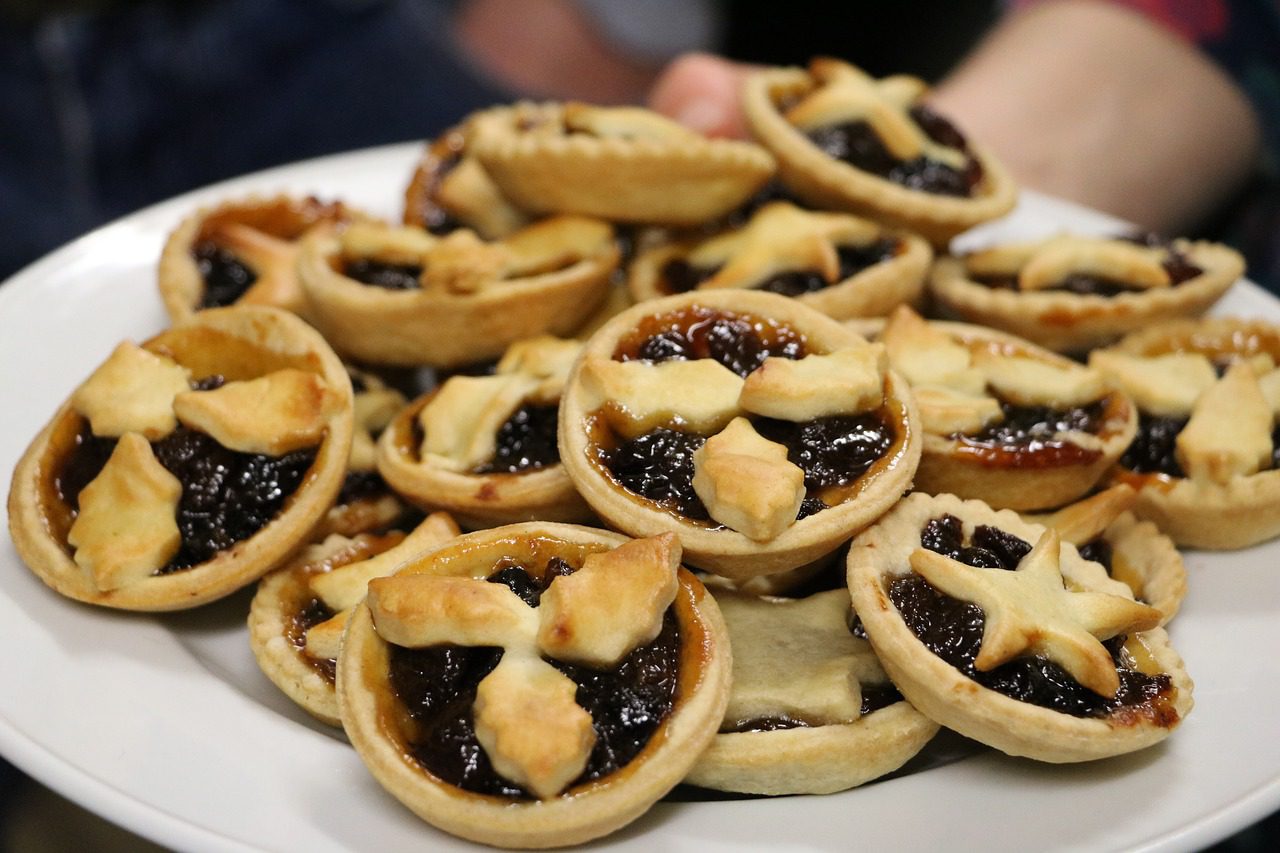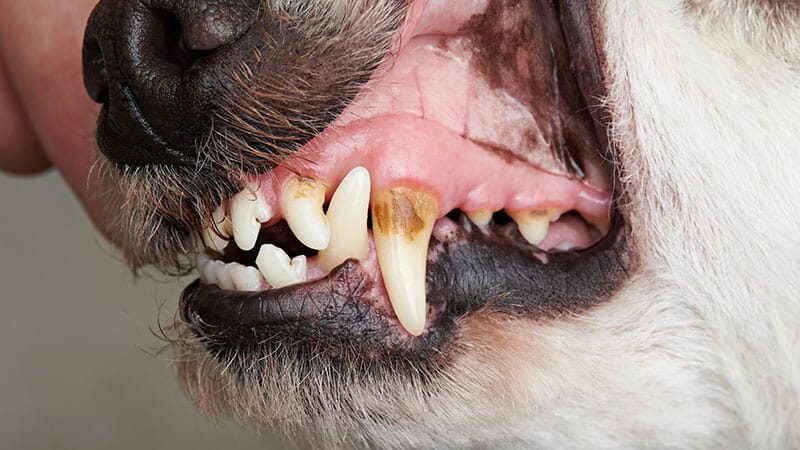Please do not share any Christmas cake, Christmas pudding or mince pies with your dog this week.
Whilst a single grape, or one of its dried family of raisin, currant or sultana will probably not be harmful to a dog, larger numbers can be toxic, or even fatal due to kidney damage.
We don’t know yet exactly how or why grapes cause poisoning. We do know that only some dogs get ill, whilst others can eat large quantities with impunity. The problem is that dogs don’t come with labels on: “Grapes are safe for me!”
It’s extraordinary really.
At least with a known poison like chocolate, I can calculate the likely symptoms if I know the type of chocolate (white, milk or dark), the amount eaten and the weight of the dog.
But with raisins there is no dose-response relationship.
If your dog does snaffle some forbidden treats this Christmas, the safest thing you can do is whisk them to the vet quickly. We will make them sick it back up, and protect them from absorbing the lethal contents using activated charcoal. In this way we can have them back to their Christmas celebrations in a couple of hours.
However, if you only discover the theft after a few hours, the raisins will have already passed into the intestines. At this point vomiting would not bring them back, so we have to start treatment urgently for the risk of kidney damage.
Luckily, only small numbers of dogs lose their lives to this, but we have already treated multiple dogs this December for this. Better just to keep those Christmas yummies well out of reach!
The same goes for chocolate, of course.
Our Christmas excesses often include lots of extra chocolate, both as gifts and as decorations.
Chocolate toxicity in pets will result in restlessness, vomiting, diarrhoea and an excessive thirst. The heart speeds up and becomes irregular, and things can go badly downhill from here. If you would like to treat your pet this Christmas, consider some extra playtime or longer walks, and only offer pet-safe treats.




